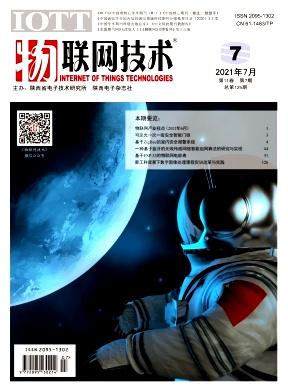Identification of Hate Speech and Offensive Content using BI-GRU-LSTM-CNN Model
引用次数: 1
Abstract
The propagation of hateful speech on social media has increased in past few years, creating an urgent need for strong counter-measures. Governments, corporations, and scholars have all made considerable investments in these measurements. Hate speech on social media platforms can lead to cyber-conflict that can impact social life at the individual and national levels. It can make people feel isolated, anxious and fearful. It can also lead to hate crimes. However, social media platforms are not able to monitor all content posted by users. This is why there is a need for automated identification of hate speech. The English text is notorious for its difficulty, complexity and lack of resources. When examining each class individually, it should be noticed that a many hateful tweets have been misclassified. As a result, it is advised to further examine the forecasts and mistakes to obtain additional understanding on the misclassification. To automatically detect hate speech in social media data, we propose a NLP model that blends convolutional and recurrent layers. Using the proposed model, we were able to identify occurrences of hate on the test dataset. According to our research, doing so could considerably raise test scores. Proposed model uses a deep learning technique based on the Bi-GRU-LSTM-CNN classifier with an accuracy of 77.16%.基于BI-GRU-LSTM-CNN模型的仇恨言论和冒犯性内容识别
过去几年,社交媒体上仇恨言论的传播有所增加,迫切需要采取强有力的应对措施。政府、公司和学者都在这些度量上进行了大量投资。社交媒体平台上的仇恨言论可能导致网络冲突,从而影响个人和国家层面的社会生活。它会让人感到孤立、焦虑和恐惧。它也可能导致仇恨犯罪。然而,社交媒体平台无法监控用户发布的所有内容。这就是为什么需要对仇恨言论进行自动识别。英语文本因其难度、复杂性和缺乏资源而臭名昭著。在单独检查每个类别时,应该注意到许多仇恨推文被错误分类。因此,建议进一步检查预测和错误,以进一步了解错误分类的原因。为了自动检测社交媒体数据中的仇恨言论,我们提出了一个混合卷积层和循环层的NLP模型。使用提出的模型,我们能够识别测试数据集中出现的仇恨。根据我们的研究,这样做可以大大提高考试成绩。该模型采用基于Bi-GRU-LSTM-CNN分类器的深度学习技术,准确率达到77.16%。
本文章由计算机程序翻译,如有差异,请以英文原文为准。
求助全文
约1分钟内获得全文
求助全文

 求助内容:
求助内容: 应助结果提醒方式:
应助结果提醒方式:


